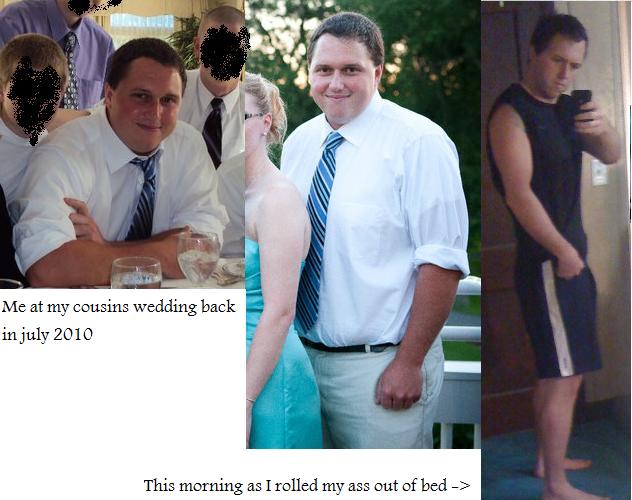No, he's saying that we need to put more into our bodies than goes out of our bodies to increase in size. You can't increase in size without putting in the things that are required to grow bigger. He uses the analogy of a room filling up. Saying the room filled up because more people entered it than left does nothing but state the obvious and says nothing about why more people entered the room than left.
Would you then say that in order to decrease in size you need for more to leave your body than enters it? You can't say that you need more to go into it to get bigger and then say that the inverse is not true. Another thought I just had, why would it matter WHY more people entered the room at all? The fact is that more entered than left and the room is now more full. The reason they entered isn't what is being discussed, just the fact they they did.
About eating unlimited foods, he says that because no one will physically be able to eat enough of certain foods to actively gain adipose tissue without first feeling too sick to continue eating the stuff.
Give me a break, I could easily put away pounds and pounds of steak or chicken. I could easily eat a dozen eggs for breakfast, that doesn't mean that that isn't too much to eat. And you specifically stated no-one could do it, so my anecdote is enough to refute your claim.
No, he's saying exactly what you're saying. When you eat garbage, you get fat, and it doesn't really matter how active you are (to an extent). You're just illustrating his point. Poor people have a higher chance of working in manual labor (physical activity) as well as eating a poor diet, and also have higher chance of being overweight. This just shows that physical activity is no replacement for a sound diet.
I agree with the bolded, but that is not what the reviewer said was in the book. It was stated that exercise can inhibit weight loss.
How does this negate anything he said? The statement correct, without conditions. Insulin regulates fat storage. If your insulin levels are up, your body will actively try to store fat and prevent it from being used as an energy source. What does any of this have to do with body building? This book is about weight loss.
He is demonizing insulin. Insulin is not a bad thing, that's like saying testosterone is bad because it causes hair loss. I specifically stated that what he said was true but that he was being morally questionable at best in stating it the way he did.
Actually, plenty of people, including the United States government promote a diet heavy in refined carbohydrates. The fact that grains are not good for you may not be a revelation for you, but there are plenty of people out there who think whole grain breads, pastas, and non-fat crap is the path to weight loss.
True, but that isn't the argument we are currently having.
Awesome. That's great such a diet works for you. I still think you should give the a book a look instead of dismissing it based on some review and a few choice quotes which I'm not sure you even understood correctly.




